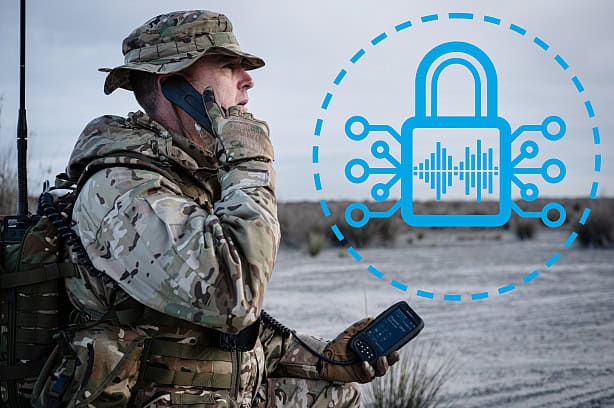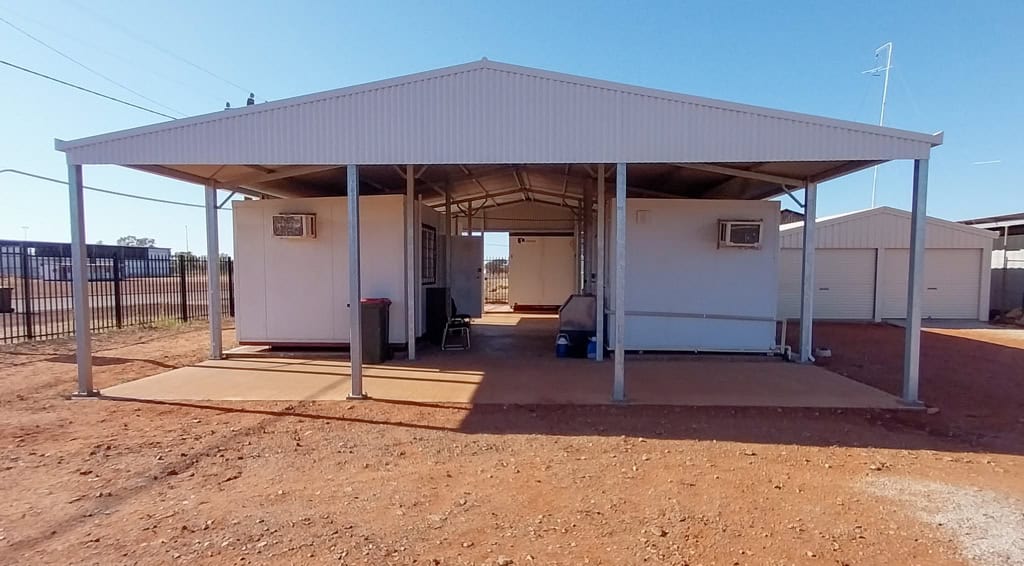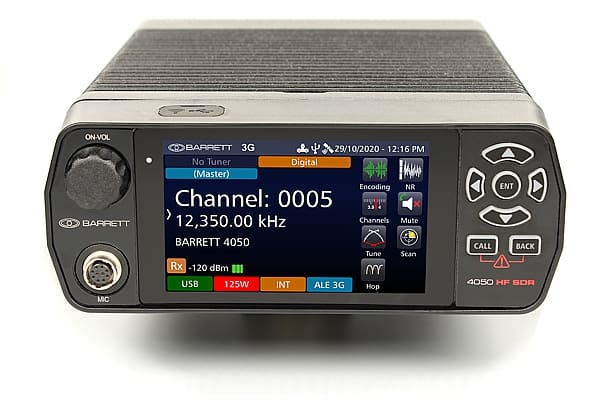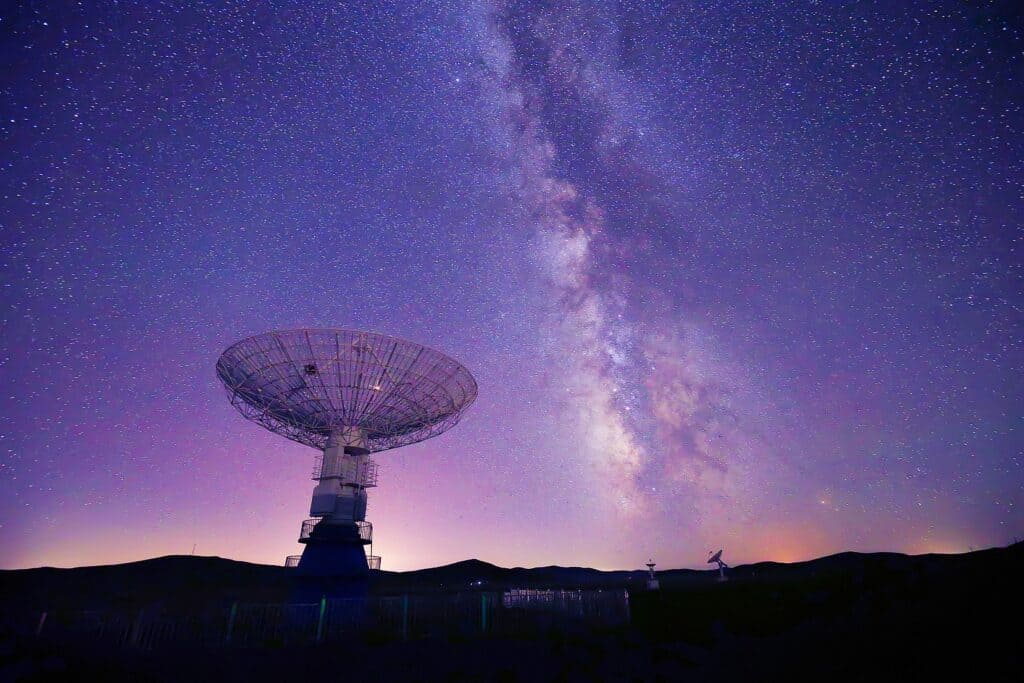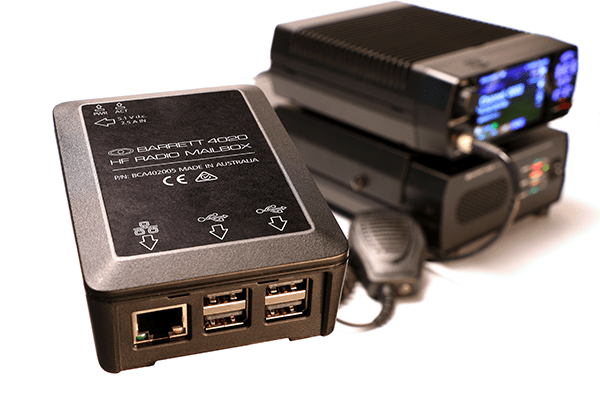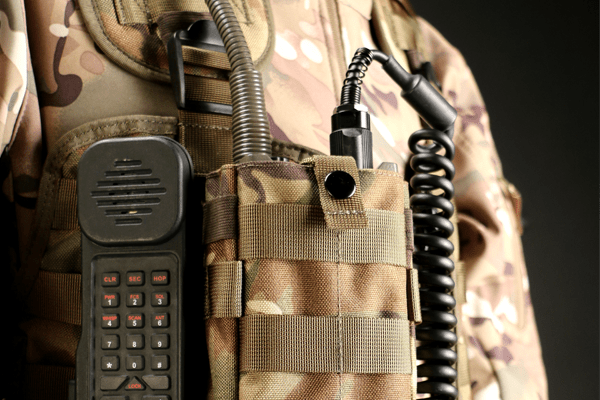HF radio top tips for emergency communication during a disaster
HF radio top tips for emergency communication during a disaster
Disaster preparedness is something that Australians have generally partaken in, especially after 11 September 2001, when the world watched hijacked planes wreak havoc on areas in the U.S. including the World Trade Centre Buildings in New York City, the Pentagon in Washington, D.C. and a rural field in Pennsylvania. Various new legislation, policies, planning, and practices have been put in place since, as noted in the Journal of Emergency Primary Health Care.
Now, more than ever, disaster preparedness becomes highly relevant as we watch the COVID-19 pandemic storm the globe. Here are a few tips to ensure communication remains an option in the event of an emergency:
Don’t rely solely on cellphone service
While the digital age has made it simple to stay connected and keep in contact with anyone in the palm of your hand, your smartphone isn’t necessarily your saving grace during an unexpected emergency.
As highlighted in “How to communicate when the world goes silent” by Graywolf Survival, a survival guide blog run by a former counterintelligence special agent, U.S. Army chief warrant officer and combat veteran, cellphone communication is generally too vulnerable to rely on during an emergency. This is especially true when natural disasters are involved and could potentially disrupt cables between towers. Hacker vulnerability comes into play as well. Additionally, if cellphone towers don’t have an automatic backup system, they’ll shut down.
Consider battery life as well – as Finder admitted, many smartphone batteries are lucky to last halfway through the day. When electricity is out and you don’t have an emergency battery, your smartphone becomes a useless device.
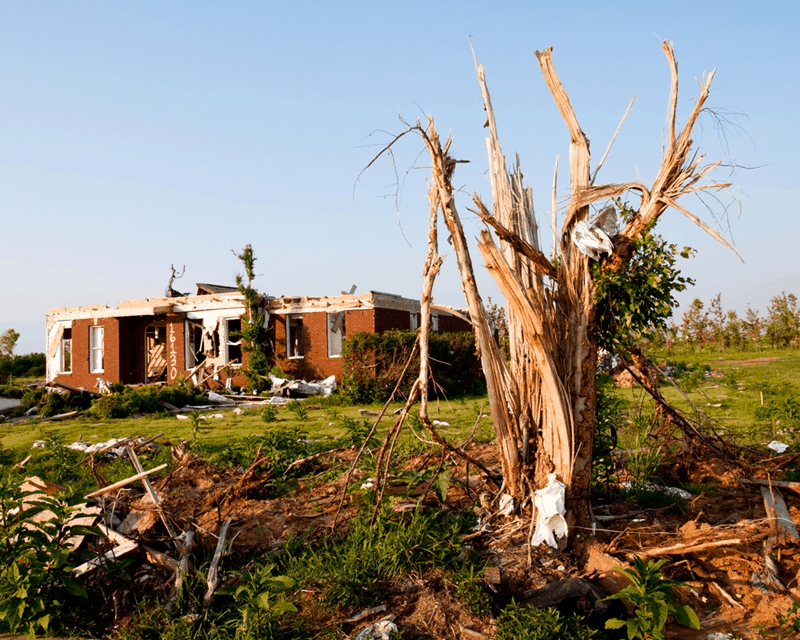
Consider your HF radio options
HF radios are highly reliable form of communication during an emergency. General Mobile Radio Service (GMRS), Family Radio Service (FRS) and Multi-Use Radio Service (MURS) are valuable to have for local communication and they’re generally made to be user-friendly so they can be very useful if a disaster occurs. Radios are also useful as they can reach national weather system frequencies. It’s also efficient to have a radio scanner, which can scan for frequencies on a loop and stop if it hears a transmission.
How Barrett Communications can help
As a specialist manufacturer and supplier of commercial high-frequency communications equipment, Barrett Communications has everything you need to feel confident and well-prepared during a disaster. For more information on the available user-friendly HF radio technology and communications systems, contact Barrett Communications directly today.

